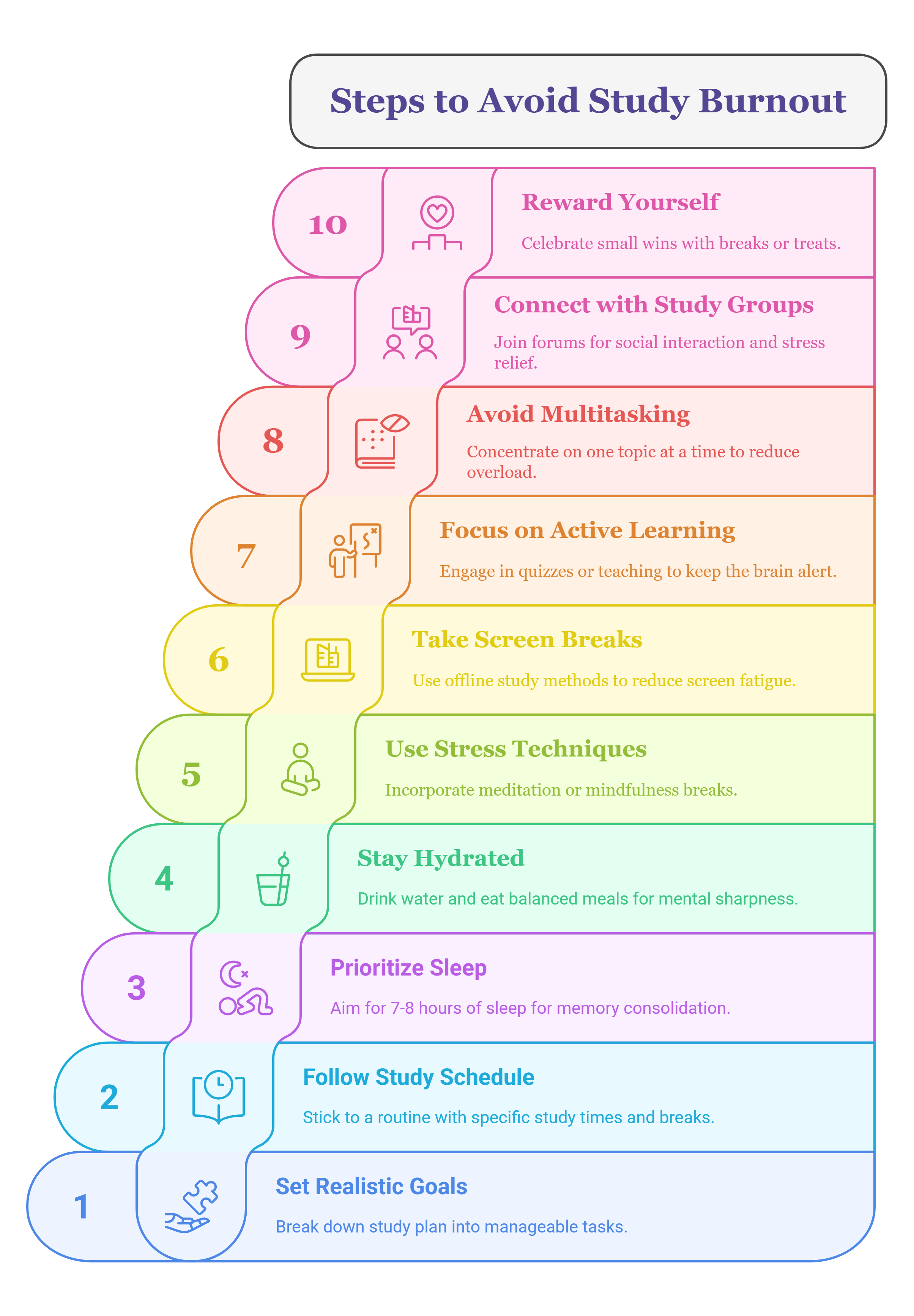
Expert Tips for 305-300 Exam Prep Without Burnout
 The journey to earning your LPIC-3 Virtualization and Containerization (305-300) certification is an ambitious and rewarding one. It signifies a deep understanding of critical technologies shaping the future of IT infrastructure. However, the intensity of preparation can sometimes feel overwhelming, leading to a state many dread: burnout. This comprehensive guide is designed not just to help you ace the 305-300 exam, but also to navigate your study process with strategies that prioritize your well-being and long-term success.
The journey to earning your LPIC-3 Virtualization and Containerization (305-300) certification is an ambitious and rewarding one. It signifies a deep understanding of critical technologies shaping the future of IT infrastructure. However, the intensity of preparation can sometimes feel overwhelming, leading to a state many dread: burnout. This comprehensive guide is designed not just to help you ace the 305-300 exam, but also to navigate your study process with strategies that prioritize your well-being and long-term success.
What Exactly is the 305-300 Exam?
The 305-300 exam, officially titled "LPIC-3 Virtualization and Containerization," is a crucial component of the Linux Professional Institute's (LPI) advanced-level LPIC-3 certification track. This exam validates your expertise in managing and deploying virtualization and containerization solutions using Linux-based technologies. It's designed for seasoned IT professionals who work with or plan to implement these critical technologies.
Key Domains and Exam Details:
Understanding the scope and structure of the 305-300 exam is the first step towards effective preparation. Here’s a breakdown:
- Exam Name: LPIC-3 Virtualization and Containerization
- Exam Code: 305-300
- Exam Price: $200 (USD)
- Duration: 90 minutes
- Number of Questions: 60
- Passing Score: 500 / 800
The exam focuses on the following key domains:
- Full Virtualization: Covers technologies like KVM, Xen, and their management.
- Container Virtualization: Explores Docker, LXC/LXD, and related orchestration tools.
- VM Deployment and Provisioning: Focuses on techniques and tools for deploying and managing virtual machines.
For a detailed breakdown of the syllabus, you can refer to the official LPI website and resources like LPIC-3 305-300 Exam Syllabus.
Top Tips to Avoid Burnout While Studying for the 305-300 Exam
Preparing for a demanding certification like the LPIC-3 Virtualization and Containerization requires dedication, but it shouldn't come at the cost of your mental and physical health. Here are practical, encouraging, and motivational tips to help you stay on track without succumbing to burnout:
Craft a Realistic and Flexible Study Schedule:
-
- Avoid Overloading: Don't try to cram too much information into short periods. Instead, create a study schedule that spreads your learning over a reasonable timeframe. Consider the exam date and work backward, allocating specific time slots for each topic in the 305-300 syllabus.
- Prioritize Key Areas: Identify the domains where you need the most improvement. Focus your initial efforts on these areas while still allocating time for topics you're more comfortable with.
- Build in Breaks: Regular breaks are crucial for maintaining focus and preventing mental fatigue. Aim for short breaks every hour and longer breaks between study sessions. Use this time to step away from your study materials, stretch, or engage in a relaxing activity.
- Be Flexible: Life happens. Don't beat yourself up if you deviate from your schedule. The key is to adjust and get back on track as soon as possible. Flexibility reduces stress and makes the study process more sustainable.
Set Realistic Expectations and Celebrate Small Wins:
- Progress, Not Perfection: Understand that learning takes time and effort. Don't strive for perfection from the outset. Focus on consistent progress.
- Acknowledge Your Achievements: Celebrate small milestones along the way. Finishing a challenging topic or scoring well on a practice test deserves recognition. This helps maintain motivation and a positive mindset.
Maintain a Healthy Balance:
- Don't Neglect Other Areas of Your Life: While exam preparation is important, it shouldn't completely consume you. Make time for hobbies, social activities, and relaxation. A balanced life reduces stress and prevents burnout.
- Step Away When Needed: If you're feeling frustrated or mentally exhausted, don't force yourself to continue studying. Take a break and return to your studies when you feel refreshed.
Simulate Exam Conditions:
- As you get closer to the exam date, practice under timed conditions using 305-300 practice tests. This helps you manage your time effectively and reduces anxiety on the actual exam day. Platforms like Edusum offer valuable resources for this.
Focus on Understanding, Not Just Memorization:
- The LPIC-3 Virtualization and Containerization exam tests your understanding of concepts and your ability to apply them. Focus on grasping the underlying principles rather than just memorizing facts. This deeper understanding will not only help you pass the exam but also make you a more effective professional.
Remember Your "Why":
- Reflect on your reasons for pursuing the LPIC-3 certification. Keeping your goals in mind can provide motivation and help you push through challenging times. Visualize the benefits of achieving your certification.
- Avoid Overloading: Don't try to cram too much information into short periods. Instead, create a study schedule that spreads your learning over a reasonable timeframe. Consider the exam date and work backward, allocating specific time slots for each topic in the 305-300 syllabus.

Final Thoughts
Preparing for the 305-300 exam is a marathon, not a sprint. By adopting these strategies, you can navigate the demanding study process effectively while safeguarding your well-being. Remember that your health and mental clarity are just as important as the knowledge you acquire. Embrace a balanced approach, stay focused, and believe in your ability to succeed.
Conclusion
Earning your LPIC-3 Virtualization and Containerization certification is a significant achievement that can open doors to new opportunities. By understanding the 305-300 exam, leveraging effective study techniques, and prioritizing your well-being, you can confidently prepare for the exam and achieve your professional goals without succumbing to burnout.
Embrace the journey, stay resilient, and look forward to the rewards of your hard work.
